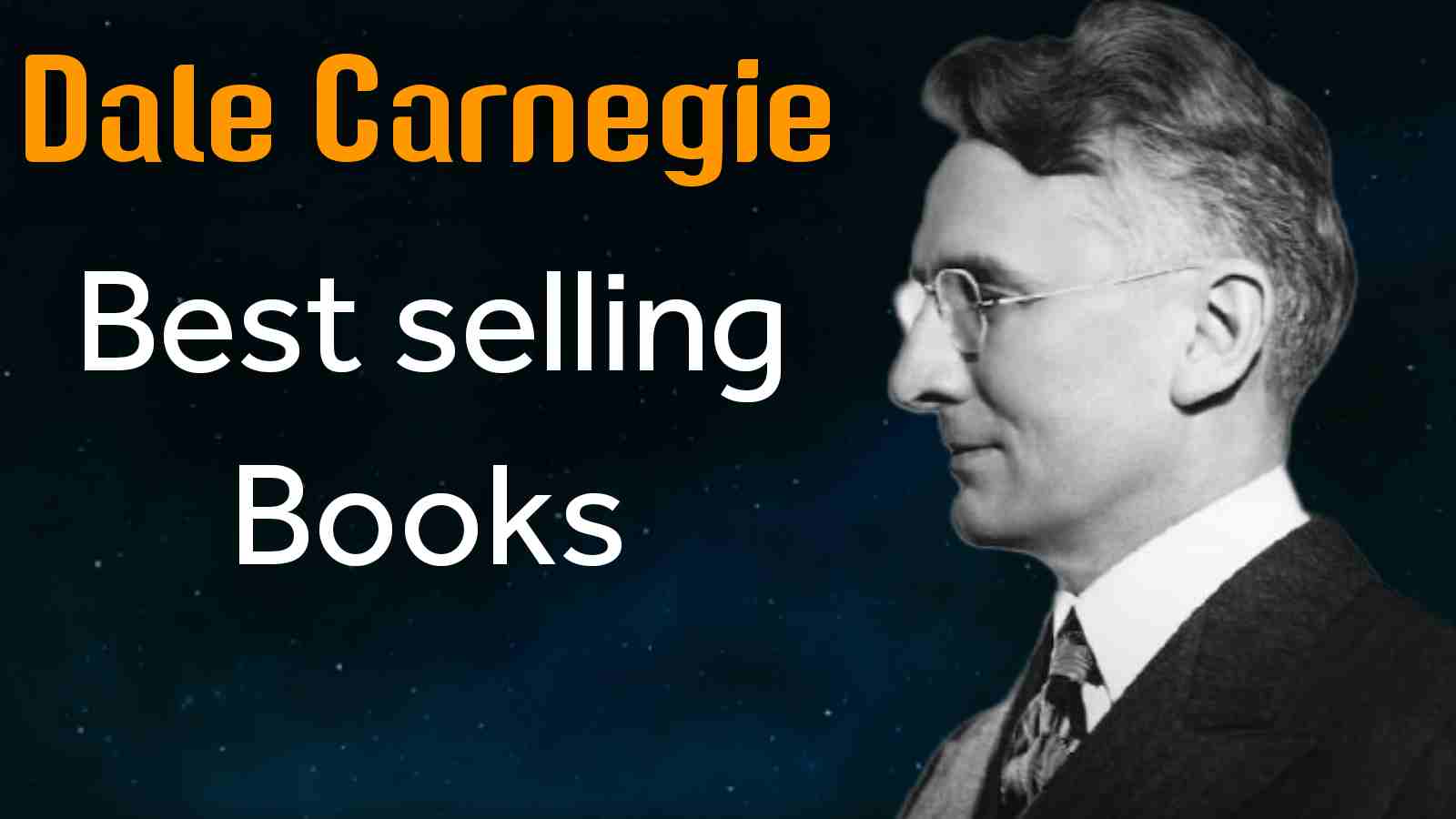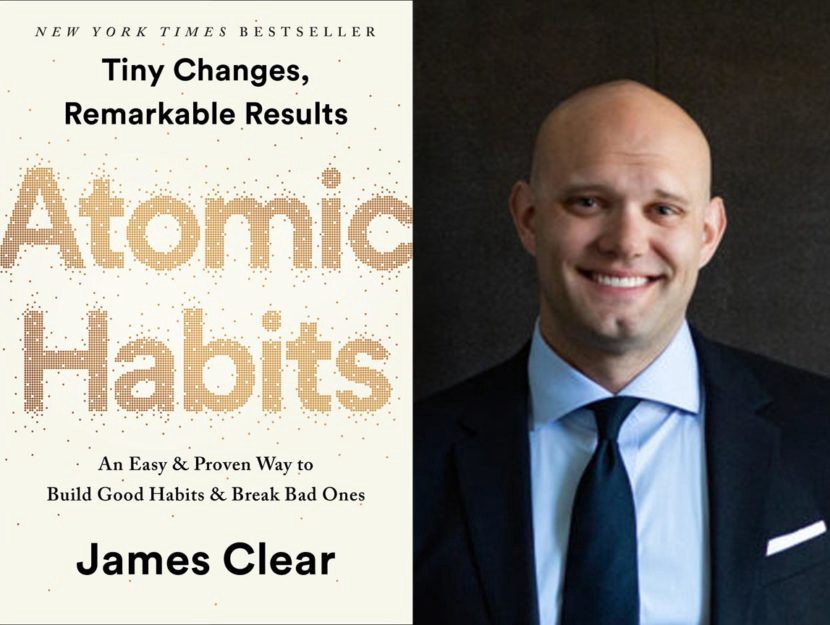Jeff Keller’s inspirational classic “Attitude is Everything” emphasizes how crucial attitude is in determining how our lives turn out. Keller presents eight key lessons that may be used as a framework to help cultivate a purposeful and optimistic mentality throughout the book. Let’s examine these concepts in further detail with supporting examples.

1. The Power of Choice:
Keller’s philosophy is based on the principle that one may choose one’s attitude. He stresses that people can decide how to react, irrespective of the situations outside their control.
The life of psychotherapist and Holocaust survivor Viktor Frankl serves as a compelling illustration. Frankl chose his response to his circumstances, which allowed him to keep an optimistic attitude in the face of unspeakable misery. This lesson helps us to understand that we can positively lead our lives by making decisions that are in charge of how we react.
2. Achievement Is Fueled by Passion:
Keller emphasizes the revolutionary role that passion plays in realizing achievement.
Elon Musk’s success story, as the visionary entrepreneur behind SpaceX and Tesla, serves as an excellent example. Musk’s success has been fueled by his everlasting commitment to clean energy and space exploration. When one’s mindset is in sync with their enthusiasm, difficulties turn into opportunities. This lesson encourages us to discover our interests, incorporate them into our endeavors, and observe the driving force that pushes us in the direction of our objectives.
3. Act despite Your Fear:
Fear frequently impedes both professional and personal development. Keller encourages people to act on their fears by citing successful people.
As examples, such as Harry Potter author J.K. Rowling. Before her novels became an international bestseller, Rowling was turned down several times. Her will to keep going in the face of fear and hardship is a powerful example of how a positive outlook can change a person. By accepting fear as an inevitable aspect of personal development, people may conquer their fear and do incredible things.
4. Surround Yourself with Positive:
Keller’s book frequently discusses how our surroundings affect our attitude. An appropriate illustration would be the benefits of mentorship. Think about the connection between Bill Gates and Warren Buffett. Gates has benefited greatly from Buffett’s optimistic outlook on life and investment, which has aided in his success. Keller exhorts us to deliberately create a happy atmosphere by hanging out with upbeat people, doing constructive things, and reading motivational books.
5. Gratitude as a Game-Changer:
Keller stresses the transformative power of gratitude in reshaping our attitudes.
A compelling example is Oprah Winfrey, who is known for her practice of keeping a gratitude journal. Winfrey’s attitude of gratitude has not only enhanced her perspective on life but has also inspired millions. Practicing gratitude attracts positivity into our lives, creating a virtuous cycle of appreciation and abundance. This lesson prompts us to cultivate a mindset of gratitude, focusing on the positive aspects of life.
6. Learn Constantly:
The foundation of a growth mindset, which is necessary for success, is constant learning.
The career of Steve Jobs, a co-founder of Apple Inc., serves as an example. Jobs had an attitude of lifelong learning and was always looking for fresh concepts and breakthroughs. He was able to effectively traverse the fast-paced computer world because of this mentality. To promote resilience and personal growth, Keller pushes readers to approach obstacles with curiosity.
7. Resilience in the Face of Adversity:
Adversity is an unavoidable aspect of the path to success. Keller emphasizes how crucial tenacity and fortitude are to conquering challenges.
One famous example is the tale of Thomas Edison, who persevered despite several setbacks in his attempts to create the light bulb. Edison’s innovative innovations were ultimately the result of his optimistic outlook on failure and belief that it was a necessary step on the path to success. This lesson encourages us to keep an optimistic outlook and see failures as chances for personal development even in the face of adversity.
8. Attitude of Service and Contribution:
Keller highlights the sense of fulfillment that comes from making a positive impact on the lives of others. The charitable endeavors of Bill and Melinda Gates, via the Bill & Melinda Gates Foundation, serve as an encouraging illustration. Millions of lives have been favorably influenced by their dedication to tackling global concerns and attitude of service. This lesson reminds us that compassion is reciprocal and that it gives us a deep feeling of purpose, therefore let’s concentrate on improving the lives of others.
Finally, “Attitude is Everything” offers a road map for improving our attitudes in order to completely change our lives. These eight lessons provide useful insights into the attitude-changing effect of real-world situations. Through internalizing these concepts, people may set out on a path of good change and discover the enormous impact that mindset has on determining their fate.




